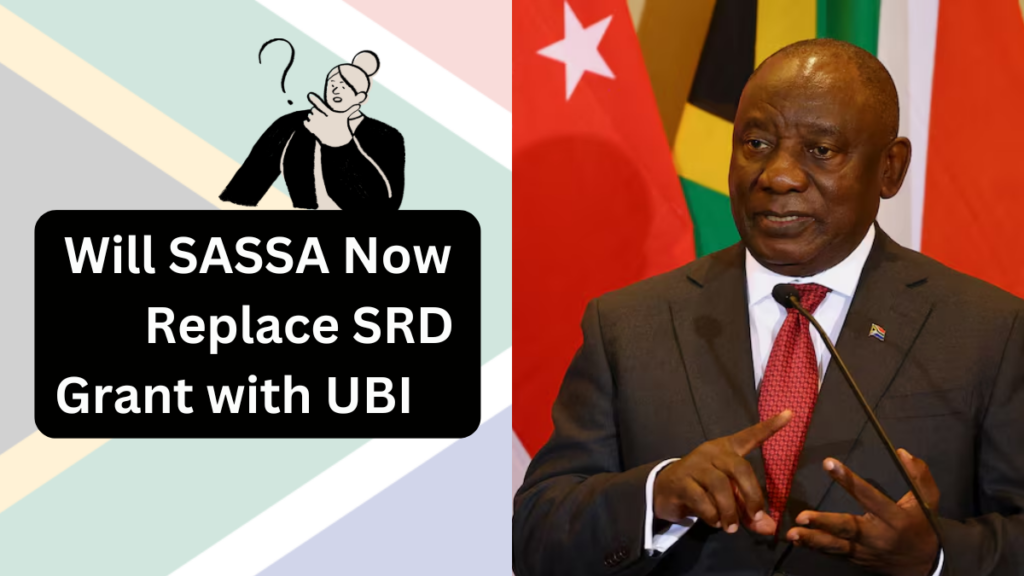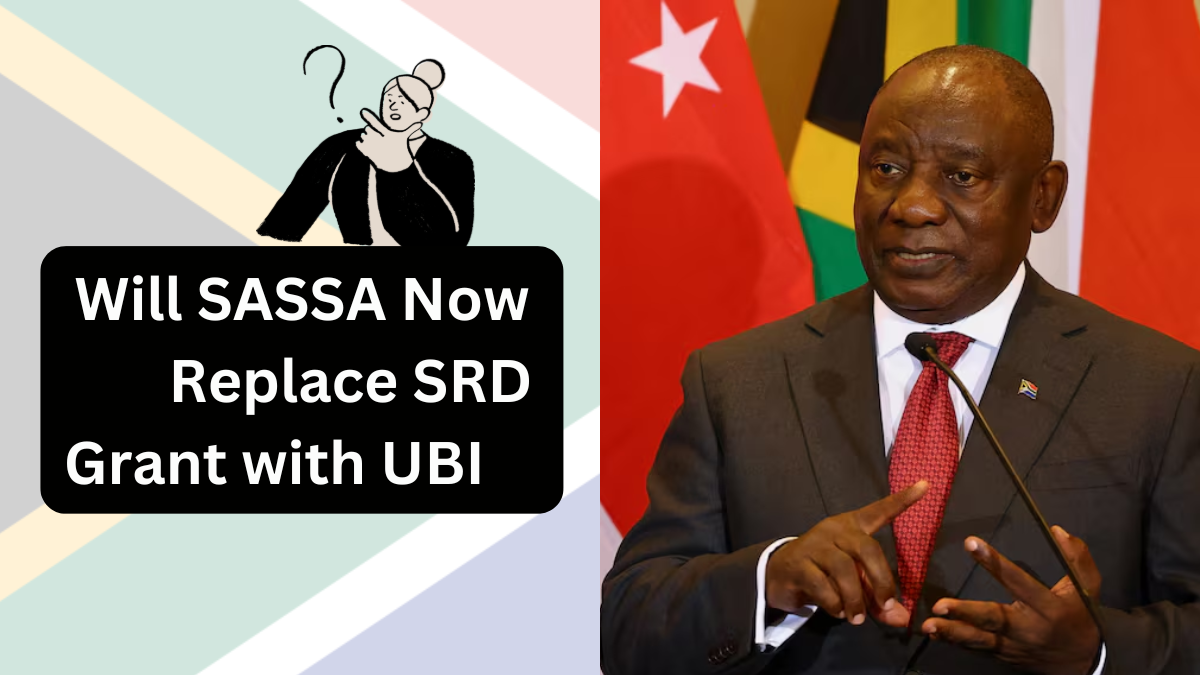As South Africa gears up for the 2024 elections, one topic that has emerged as both intriguing and contentious is the Universal Basic Income Grant (UBIG). This concept suggests offering a regular, unconditional payment to all citizens, aiming to address the persistent challenges of poverty and inequality in the country. While UBIG has garnered attention as a potential remedy, its implementation is fraught with complexities.

Overview of South Africa’s Social Relief System
Currently, South Africa’s social relief framework consists of various programs designed to provide temporary assistance to vulnerable populations. One prominent example is the Social Relief of Distress (SRD) grant, which offers short-term financial aid to those in critical need. However, this system faces several hurdles:
- Funding Shortages: Insufficient financial resources often limit the effectiveness of these programs.
- Administrative Inefficiencies: Challenges in processing applications and disbursing funds lead to delays.
- Inconsistencies in Payments: Beneficiaries sometimes experience fluctuations in the amounts received.
What is UBIG?
The Universal Basic Income Grant (UBIG) proposes a periodic, unconditional payment from the government to every citizen, irrespective of their financial situation. This initiative aims to ensure a minimum standard of living and foster economic stability.
Core Characteristics of UBIG
- Universality: Every individual receives the payment, eliminating the means of testing.
- Unconditionality: There are no preconditions for receiving funds, such as employment or training.
- Periodicity: Payments occur regularly (e.g., monthly or annually) to provide consistent support.
- Individuality: Grants are issued to individuals, granting them autonomy over their finances.
Potential Impact of UBIG on Existing SASSA Grants
The introduction of UBIG could streamline the welfare system, potentially replacing several targeted assistance programs with a unified, comprehensive approach. Below is a detailed comparison of existing grants and their potential relationship with UBIG:
| Current Grant | Description | UBIG’s Impact |
|---|---|---|
| Social Relief of Distress | Temporary assistance for those in dire need. | Could be replaced by UBIG, providing a stable solution for financial insecurity. |
| Child Support Grants | Payments to caregivers of young children. | May supplement these grants, thereby reducing child poverty more effectively. |
| Disability Grants | Support for individuals with disabilities. | UBIG would provide a baseline income, while additional targeted support could be offered. |
| Pension Grants | Financial support for the elderly. | UBIG could serve as a foundational income, potentially reconfiguring pension distributions. |
Political Perspectives on UBIG
As political parties outline their visions for the upcoming elections, many have acknowledged the necessity for a basic income grant in their manifestos. Here’s a breakdown of varying party positions:
- African National Congress (ANC): Advocates for gradually transforming the existing SRD grant into a UBIG.
- Democratic Alliance (DA): Proposes studying the feasibility of UBIG, showing caution about immediate implementation.
- Rise Mzansi: Focuses on providing temporary, conditional financial assistance instead of a universal grant.
- Freedom Front Plus (FF+) and ActionSA: Express concerns regarding the financial sustainability of UBIG.
- Inkatha Freedom Party (IFP) and Economic Freedom Fighters (EFF): Call for higher, targeted grants, especially for unemployed graduates.
Despite the discussions surrounding UBIG, many parties lack a clear plan for funding and administration, exposing gaps in their platforms.
Administrative Challenges: A Critical Examination
The transition of grant payment responsibilities to Postbank has revealed significant inefficiencies, leading to delayed payments and frustration among beneficiaries. This situation underscores the urgent need for a robust administrative system to manage a nationwide UBIG initiative effectively.
The South African Social Security Agency (SASSA) is expected to play a crucial role in implementing UBIG. However, given recent challenges, such as slow verification processes and inaccuracies in payments, there is an immediate need for reform to ensure the agency can handle UBIG effectively.
Conclusion: A Pivotal Moment for UBIG
The proposal for a Universal Basic Income Grant in South Africa represents a potentially transformative step in reshaping the nation’s social security landscape. While the benefits could be profound, significant economic and administrative challenges must be addressed. The upcoming 2024 elections will be critical in determining the future of UBIG, necessitating meaningful dialogue among all stakeholders to evaluate this bold policy idea.
Frequently Asked Questions (FAQs)
1. What is the Universal Basic Income Grant (UBIG)?
UBIG is a government-provided financial support mechanism where all citizens receive a regular, unconditional payment, ensuring a basic standard of living.
2. How would UBIG affect existing social assistance programs in South Africa?
UBIG could potentially replace or supplement existing programs like the Social Relief of Distress grant, child support grants, and disability grants, streamlining the welfare system.
3. What are the main challenges to implementing UBIG in South Africa?
Key challenges include funding the program sustainably, addressing administrative inefficiencies, and ensuring accurate and timely payments to beneficiaries.
This detailed exploration of the Universal Basic Income Grant in South Africa aims to provide clarity on its implications for individuals and the broader economy, emphasizing the necessity for informed discussions and decisive action as the nation approaches a pivotal election year.
Click here to learn more
I am a dedicated lifestyle and fashion enthusiast, always looking for the latest trends and timeless styles. With a flair for creativity and a passion for self-expression, I provide fresh insights and tips on elevating everyday living and personal style.
